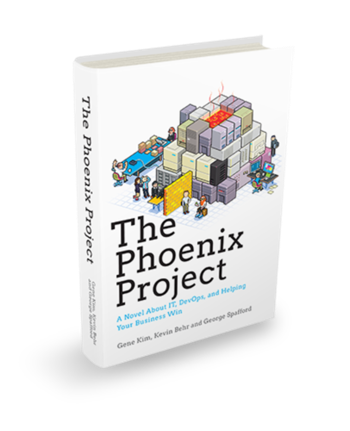A long time ago, I had a mentor that taught me a little trick: When you think about the people you spend time with, figure out if they are adding energy or taking energy away from you; spend more time with people who add energy to your life, and you'll be better off.
Time for an energy audit
With that in mind, I want to share a little trick to help you evaluate your energy "bank account." For a week, walk around with an index card in your pocket and record the interactions you have with others.
As you can see on the cards below, it's pretty simple. One side of the card is the "plus" side and the other is the "minus" side; each side has a narrow column and a wide column. When you have a significant interaction with someone, simply decide whether it added energy to your life or took energy away.
Write the person's name in the narrow column, on the appropriate side of the card. Next to it, write a very short note to remind you what you talked about.
If you run out of space on the card, simply start a new one.
What's the net-net?
At the end of the week, study your cards and see if you've noted any meaningful trends. For example:
- Are there any people on the list that consistently drain energy from you? If so, are there ways you can spend less time with them or take other actions to minimize their draining effect? For example, are there specific topics that you should be avoiding?
- Are there any people (or even topics) that consistently energize you? If so, what can you do to manipulate your time so that you spend more time with those people, or spend more time on those topics?
I do this periodically, and I find it helps. On occasion, I identify a friend I want to "fire" and spend as little time with them as possible. This does wonders for me. If you can't get away from them entirely (if, for example, they are a coworker that you must work with, or a family member you just have to deal with) then try to come up with other coping mechanisms to limit their negative influence.





